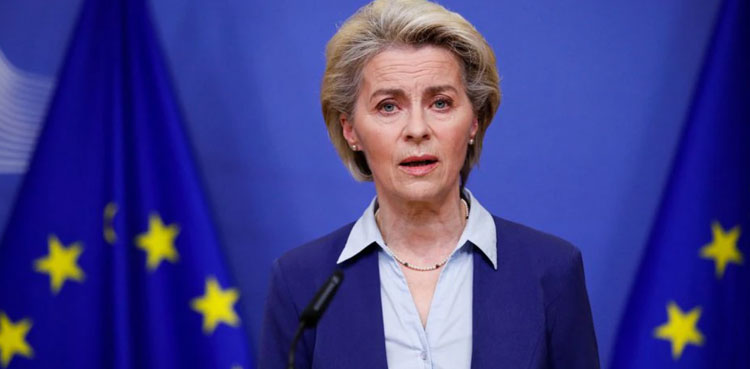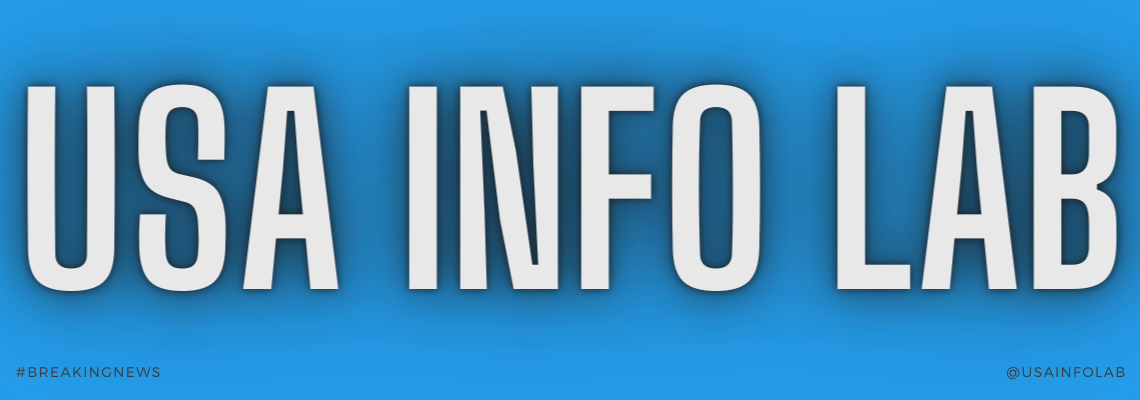
BRUSSELS: The European Union gave its blessing for Ukraine and its neighbour Moldova to become candidates to join the bloc, reaching out deep into the former Soviet Union for what would be a major geopolitical shift resulting from Russia’s invasion.
“Ukrainians are ready to die for the European perspective,” European Commission President Ursula von der Leyen told a news conference. “We want them to live with us the European dream,” she added.
Though only the start of a process that may take many years, it puts Kyiv on course to realise an aspiration that would have been beyond its reach just months ago.
Ukraine applied to join the EU four days after Russian troops poured across its border in February. Another four days later, so did Moldova and Georgia – smaller ex-Soviet states also contending with separatist regions occupied by Russia.
“Precisely because of the bravery of the Ukrainians, Europe can create a new history of freedom, and finally remove the grey zone in Eastern Europe between the EU and Russia,” tweeted President Voldymyr Zelenskiy.
One of President Vladimir Putin’s main objectives in launching an invasion was to halt the West’s eastward expansion via the NATO military alliance.
Friday’s announcement underlined how the war has had the opposite effect: convincing Finland and Sweden to join NATO, and now the EU to embark on potentially its most ambitious expansion since welcoming Eastern European states after the Cold War.
Putin played down the EU issue, saying: “We have nothing against it. It is not a military bloc. It’s the right of any country to join economic union.” Leaders of EU countries are expected to endorse the membership candidacy decision at a summit next week.
Moldovan President Maia Sandu hailed a “strong signal of support for Moldova and our citizens”.
Post-soviet generation
Joining the EU requires years of administrative reform – there are 35 “chapters of the acquis” setting out standards to meet from judicial policy and financial services to food safety. Nor is membership guaranteed: talks have been stalled for years with Turkey, a candidate since 1999.
If admitted, Ukraine would be the EU’s largest country by area and its fifth most populous. All three ex-Soviet hopefuls are far poorer than existing EU members, with per capita output around half that of the current poorest, Bulgaria.
All three have recent histories of volatile politics, organised crime and conflicts with Russian-backed separatists proclaiming sovereignty over territory protected by Moscow’s troops.
But in Zelenskiy, 44, and Sandu, 50, Ukraine and Moldova both now have pro-Western leaders representing a generation that came of age outside the Soviet Union.
The latest foreign dignitary to visit Kyiv was British Prime Minister Boris Johnson, who offered training for Ukrainian troops.
“My visit today, in the depths of this war, is to send a clear and simple message to the Ukrainian people: the UK is with you, and we will be with you until you ultimately prevail,” Johnson said.
from International News Today - Breaking News, US News, World News https://ift.tt/ZPmMIS2 https://ift.tt/cOFtn2S

No comments:
Post a Comment